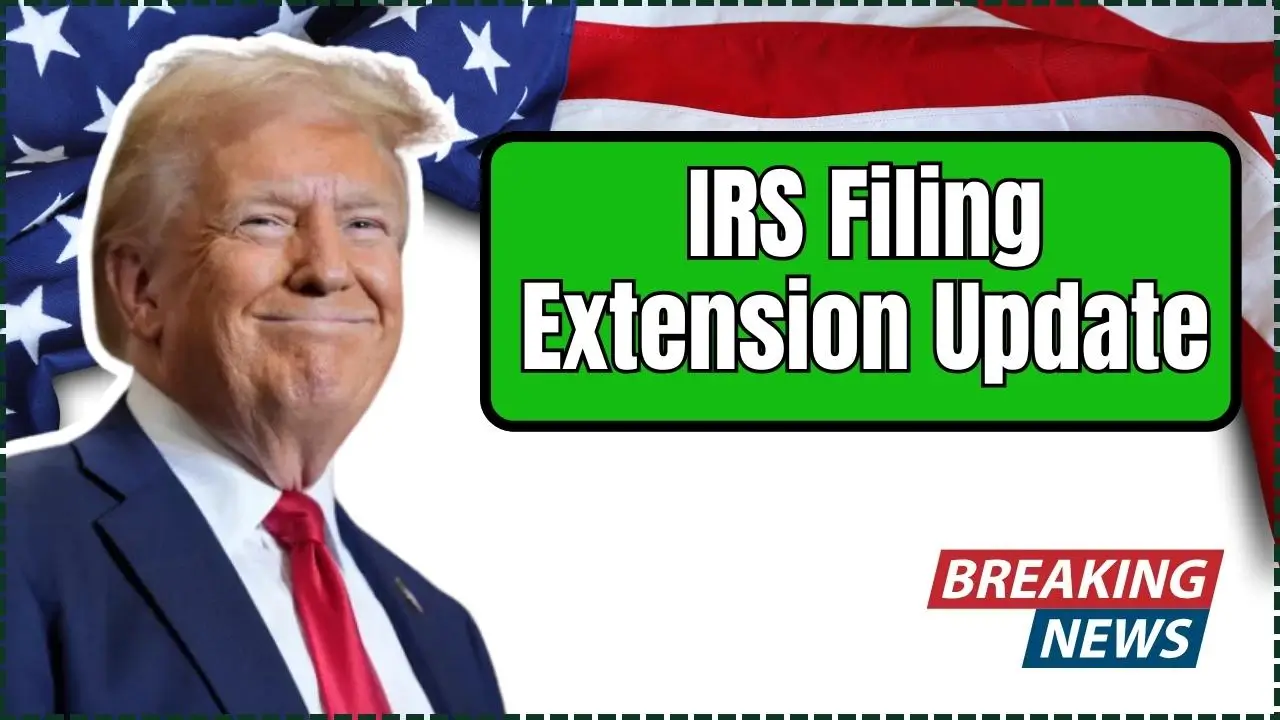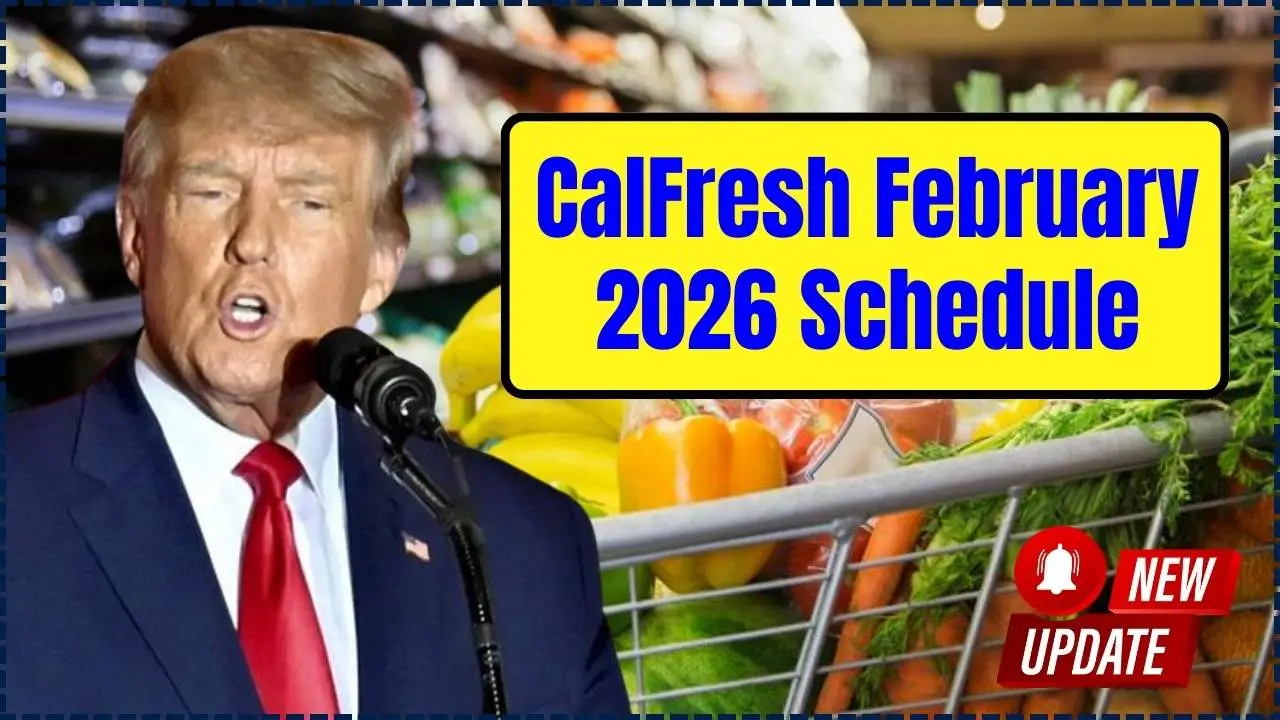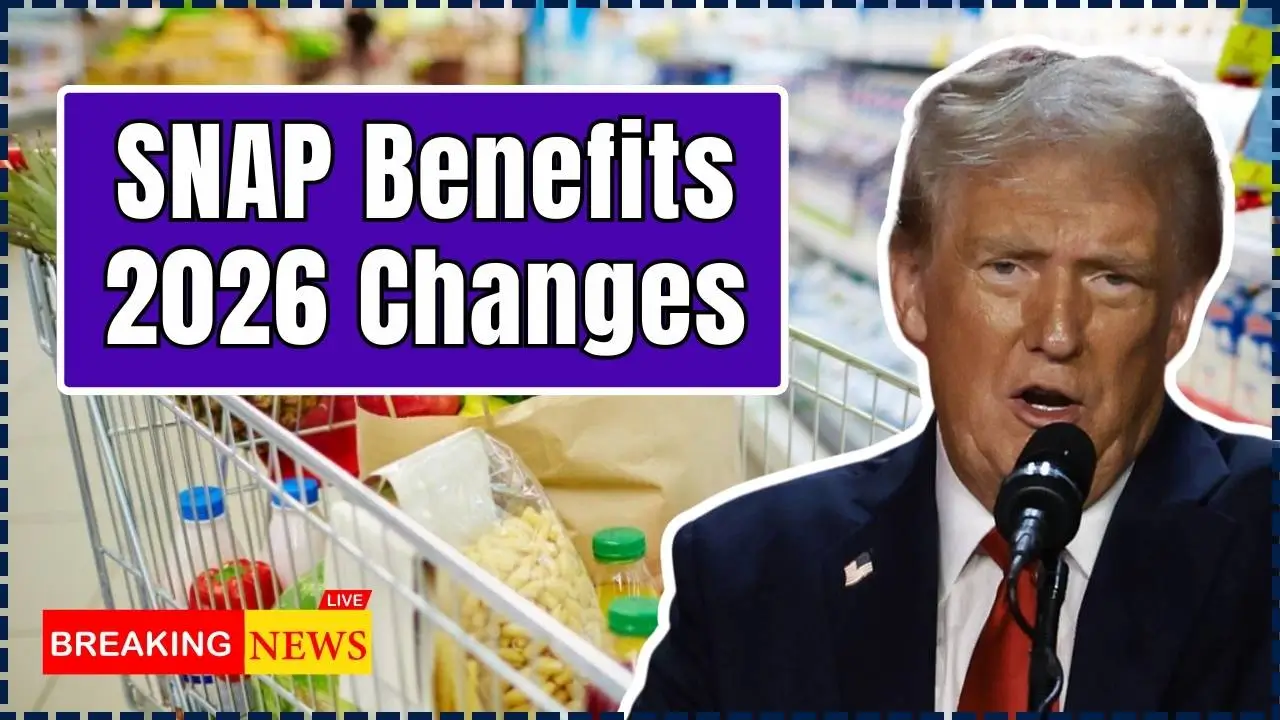The claim that $1,700 stimulus checks will arrive in just six days is misleading. According to multiple reports from official sources such as the Internal Revenue Service (IRS), there are no new federal stimulus payments scheduled.
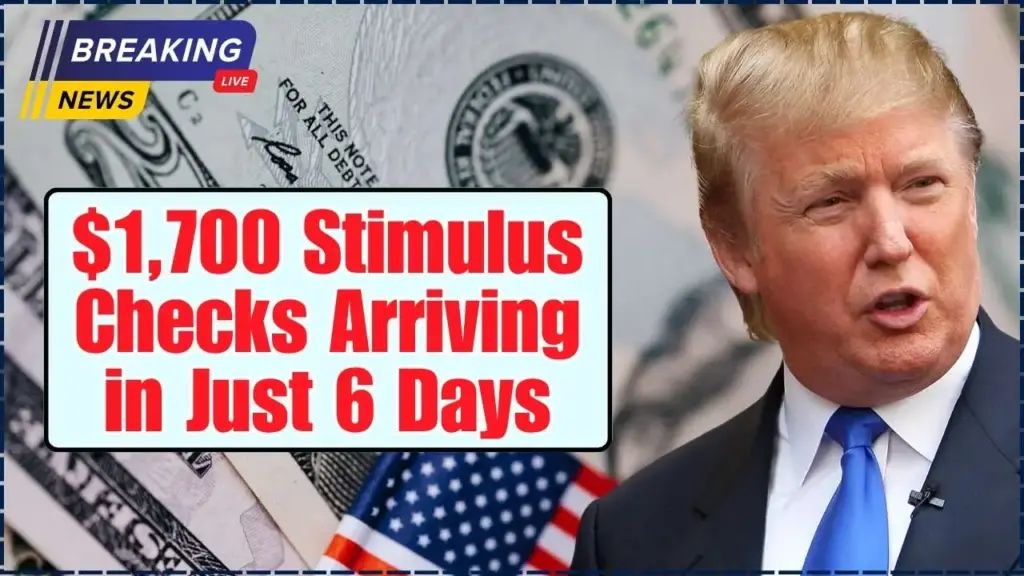
The viral headlines confuse state-level economic programs with federal relief measures that were issued during the COVID-19 pandemic. These payments are unrelated to the federal government’s actions and represent state-level rebates or other regional assistance.
This article aims to clear up the confusion surrounding these claims and provide clarity about who might actually receive a payment in the coming days.
$1,700 Stimulus Checks Arriving
| Key Fact | Detail |
|---|---|
| No New Federal Stimulus Payments | The IRS confirms that all Economic Impact Payments (stimulus checks) have been issued and there are no new payments coming from the federal government. |
| State Programs Involved | Some states, such as Alaska, may distribute rebates that resemble federal payments. These are not federal stimulus checks. |
| $1,700 Payments in Context | The $1,700 figure corresponds to certain state-level programs like Alaska’s Permanent Fund Dividend (PFD), but not federal relief. |
| Debunking the Myths | Misleading claims about new stimulus checks are rooted in confusion between federal and state-level payments. |
Understanding the Claims
Where the $1,700 Claim Originated
The headlines claiming that $1,700 stimulus checks will be distributed in just six days have spread widely, but the information is false. These claims often originate from viral content that confuses state economic rebates with federal stimulus checks.
The specific figure of $1,700 is closely associated with certain state rebate programs, particularly the Alaska Permanent Fund Dividend (PFD), which has issued payments close to that amount in the past. However, these payments are not a federal stimulus check and are instead based on state-level resources.
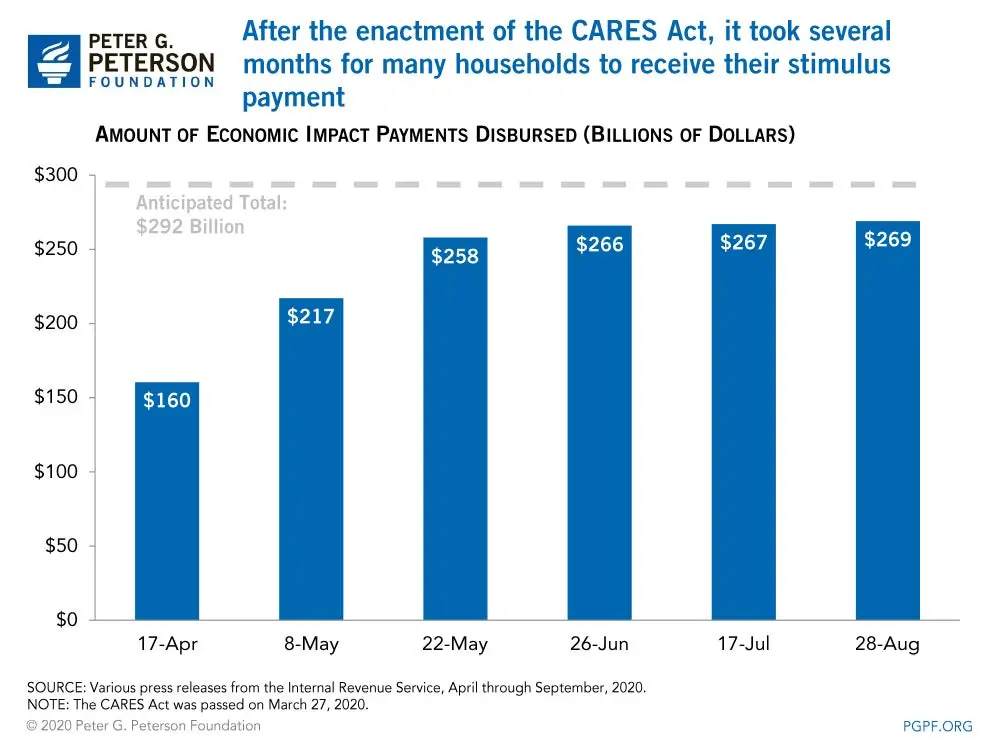
No Federal Stimulus Payments Coming Soon
IRS and Treasury Clarify the Situation
The IRS has confirmed that all three rounds of the Economic Impact Payments (EIPs), which included the well-known stimulus checks issued during the COVID-19 pandemic, have already been distributed. In its latest guidance, the IRS reiterated that there are no current plans for additional federal payments.
The U.S. Treasury Department also stated that no new stimulus legislation has been passed by Congress that would authorize further direct payments to citizens. These facts were confirmed in Fox 5 DC’s recent fact-check, which debunked viral claims regarding new checks.
Federal vs. State Economic Assistance
Clarifying the Difference Between Federal and State Payments
It is important to understand that federal stimulus checks and state-level rebates are different. Federal stimulus checks are issued under the authority of the U.S. Congress, while state-level payments come from state governments.
Some states, like California, Alaska, and Colorado, have periodically issued rebates or tax refunds to residents. These payments are often presented as economic relief but are not tied to federal actions.
For example, Alaska’s Permanent Fund Dividend (PFD) regularly pays residents a share of the state’s oil revenues. In 2025, some reports suggested that Alaska would distribute up to $1,700 per resident, which may have led to the viral confusion with federal checks.
Fact-Checking Other Viral Claims
Debunking False Claims Around Federal Stimulus
Other claims about future federal payments are frequently circulating online. These include $2,000 checks, $1,400 checks, and other numbers, often accompanied by statements like “arriving soon” or “processing now.”
The IRS and Treasury Department have denied all such claims. No new federal stimulus check program has been proposed or authorized in any form, despite rumors to the contrary.
FactCheck.org, a trusted fact-checking organization, published an article addressing several misleading stimulus claims in 2025. The conclusion was clear: no new federal stimulus payments are on the horizon.
Economic Context: Why People Are Expecting New Payments
Economic Uncertainty Fuels Stimulus Hopes
Many Americans are still recovering from the financial impact of the COVID-19 pandemic, as well as dealing with inflation and rising living costs. In times of economic hardship, the demand for financial relief remains high. As a result, rumors about new stimulus payments often surface whenever there is economic uncertainty.
However, experts like Dr. John Smith, an economist at the Brookings Institution, note that there is no widespread support in Congress for new stimulus payments. Instead, policymakers are focusing on inflation control and longer-term economic stability.
State-Level Rebate Programs
Alaska’s Permanent Fund Dividend (PFD)
The Alaska Permanent Fund Dividend (PFD) is a unique program that distributes a portion of the state’s oil revenues to its residents. In 2025, the payout for eligible residents is expected to be around $1,700, though this varies depending on state revenue and individual eligibility.
This state-specific payment is often confused with federal stimulus checks. While the PFD is a substantial benefit for Alaskans, it is not related to federal relief programs.
Other State Rebate Programs
A few other states have introduced similar rebate or tax refund programs, such as:
- California: Issued a series of payments in 2022 and 2023 as part of a budget surplus distribution.
- Colorado: Provides a tax rebate based on filing status.
- Indiana: Distributed rebate checks to eligible taxpayers in 2023.
While these payments are beneficial, they are not a part of the federal relief plan and are issued according to each state’s budgetary discretion.
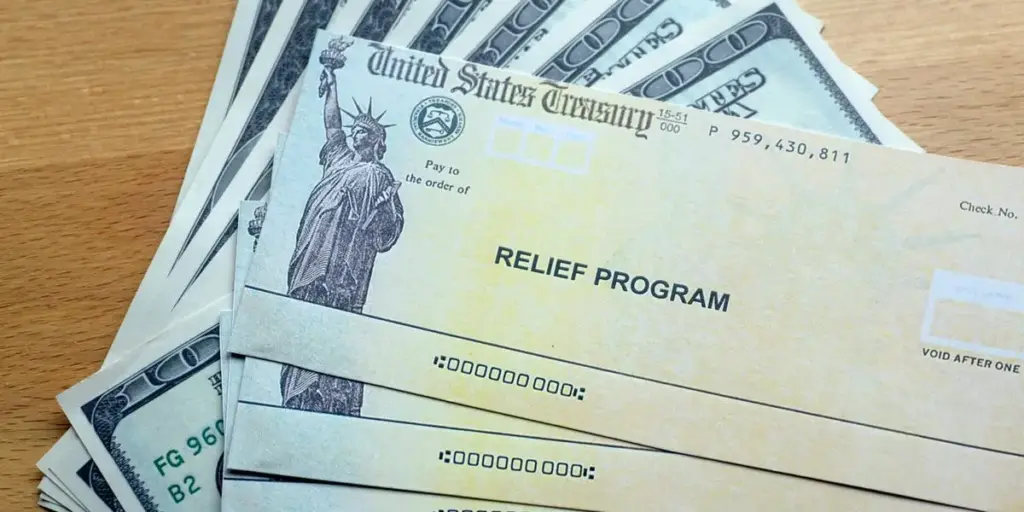
Related Links
SNAP Update — USDA Reveals How Soon Benefit Payments Could Restart
Social Security Payments Hit Accounts on November 19, 2025 — Find Out Who Qualifies
What Consumers Should Do
Rely on Official Sources
To avoid confusion, it is essential to refer to official sources for any information regarding stimulus payments or economic relief:
- IRS.gov: For any federal payment information.
- State government websites: To verify if your state is issuing a rebate or other relief payment.
- Local media: Verified news outlets such as Reuters, BBC, and The Associated Press will provide factual updates.
Avoid Scams
During times of financial uncertainty, scammers often take advantage of misinformation to trick people into providing personal information. Always be cautious of unsolicited phone calls, texts, or emails claiming to offer stimulus checks or rebates.
The IRS does not initiate contact via phone or email. Any official communication will be through mail, and personal information should only be submitted via official portals.
The viral claims of $1,700 stimulus checks arriving in the coming days are misleading. No new federal payment is scheduled, and any payments arriving soon are tied to state-level programs like Alaska’s PFD or regular tax refunds. As misinformation continues to spread, it is crucial for citizens to rely on official government sources for accurate information and avoid scams preying on public confusion.
FAQ About $1,700 Stimulus Checks
Are new federal $1,700 stimulus checks being issued?
No, the IRS confirms there are no new federal stimulus checks or relief payments being issued at this time.
What is the $1,700 payment some people are talking about?
This amount is likely related to state-level rebates or dividends, such as Alaska’s Permanent Fund Dividend (PFD), which is paid to Alaska residents.
When can I expect my payment?
Payments related to state-specific programs like the PFD are issued according to state timelines, which vary.

